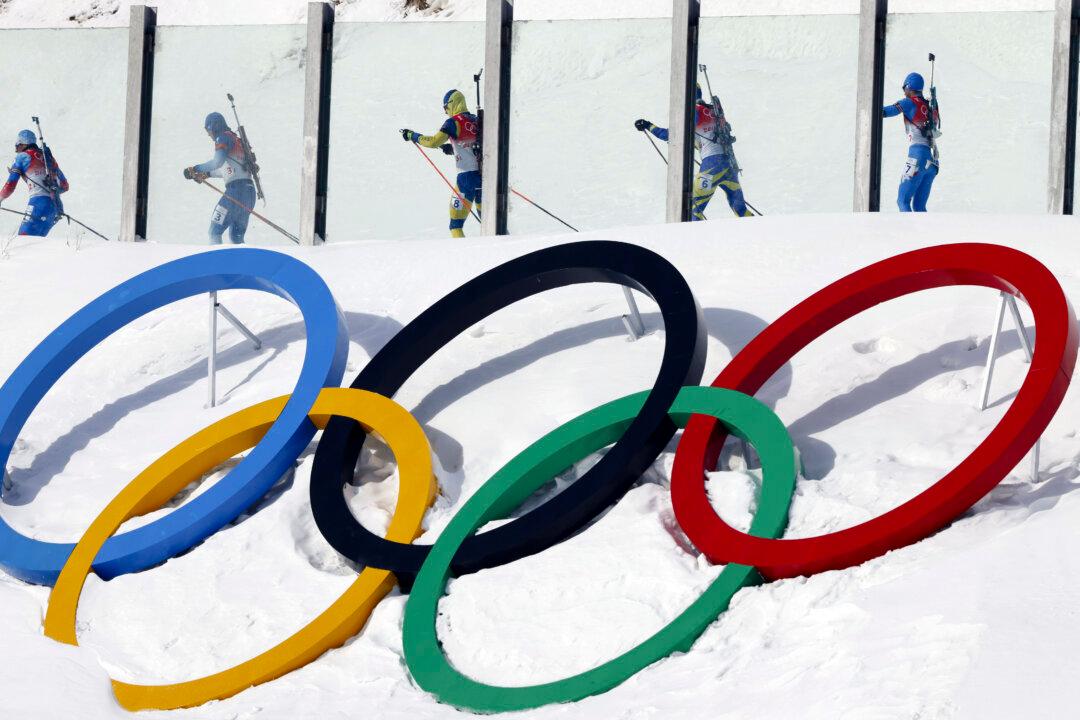The cost of bringing the 2034 Winter Olympics back to Salt Lake City, Utah, is projected to total just under $4 billion, including $2.8 billion in operational costs, organizers of the effort said on June 10.
The good news for taxpayers is that the whole event would be privately funded. With the help of a targeted $1.8 billion in domestic sponsorships, ticketing, and hospitality revenues, the Salt Lake City-Utah Committee for the Games expects to break even.





